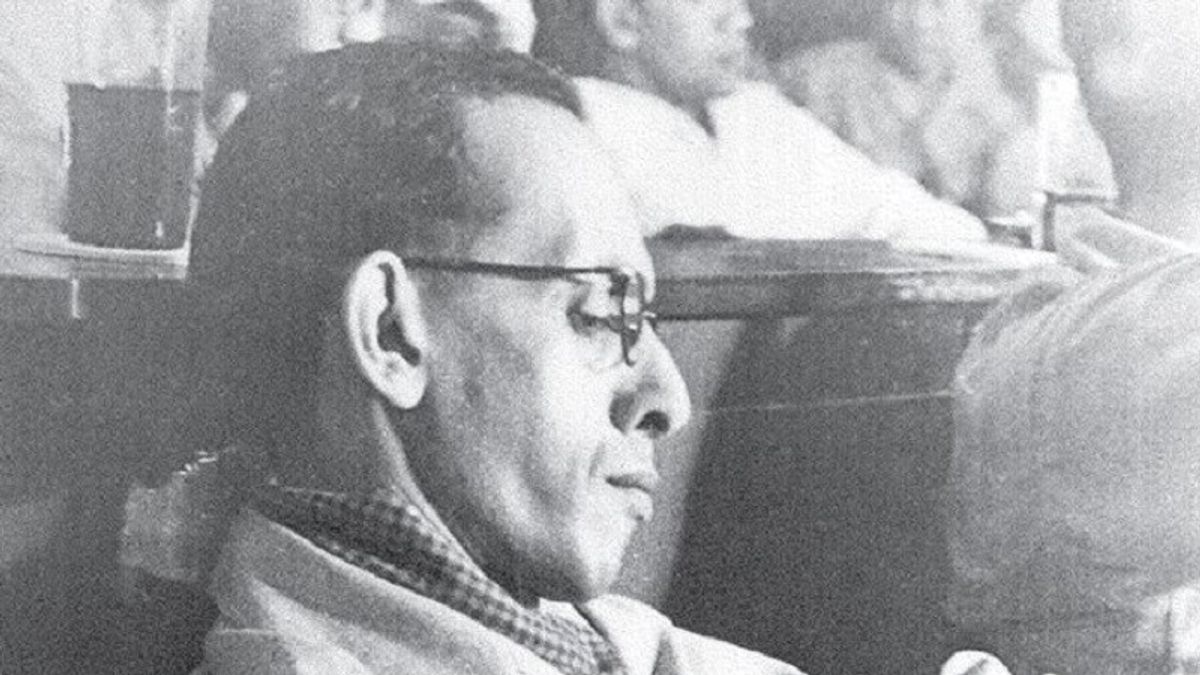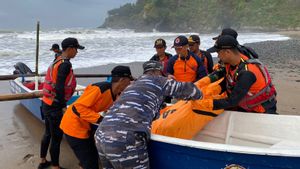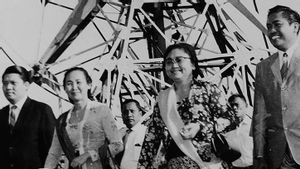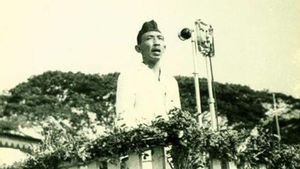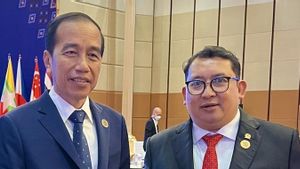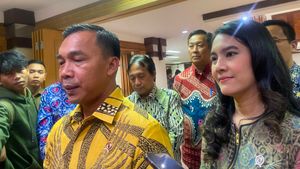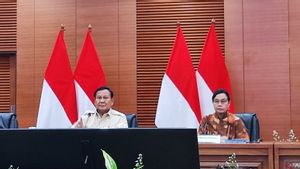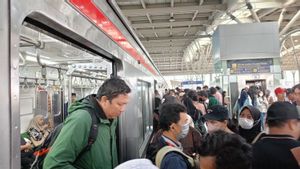JAKARTA History today, 89 years ago, August 1, 1934, a freedom fighter, Abdurrahman (AR) Baswedan invited all Arab descendants to recognize Indonesia as his homeland. Anies Baswedan's grandfather (former Governor of DKI Jakarta) expressed this wish in his paper.
Previously, the closeness of the bumiputras to the Arabs was not just a commercial matter. Both are familiar in many ways. From religious to language matters. It was this closeness that made Arabs easy to be accepted like brothers themselves by the natives.
The presence of Arabs to the archipelago has been going on for a long time. Instead of just trading, most Arabs from Yemen Hejaz also spread Islam. Many Bumiputras are suitable and move from ancestral beliefs to Islam.
This condition made Arabs quickly mingle with the natives. In fact, during the Dutch colonial period. They were transformed into the second most important immigrants after the Chinese. The presence of Arabs is considered by the Dutch to bring many benefits
The economy in many regions of the archipelago was able to be moved by Arabs. Even during the colonial government of the Dutch East Indies, Arabs occupied social strata number two. Arabs are under Europeans and above the natives.
The policy made the position of Arabs special. Their lives are guaranteed, rather than having to go home with uncertain fate. They then marry the natives a lot. As a result, Arab descendants appear everywhere.
They are easy to accept everywhere. The assumption that every Arab has high religious knowledge is one of the reasons. This reason makes Arabs in the archipelago so respected. Their number is increasing day by day in the archipelago.
Initially, most of the immigrants, most of whom were all men, did not plan to settle in the archipelago. They want to get money quickly to help poor relatives, or be saved for better future guarantees. Large numbers are sent to their hometowns every year. Even though many return home, most immigrants remain in the archipelago.
Most of these young immigrants married in their new environment, so their return was hampered. In the early 19th century, most of them married local women, but lately they married mainly descendants of mixed husband and wife, muwallad or Arab role," Huub de Jonge explained in the book Mencari Identitas: Arab Hadhrami in Indonesia 1900-1950(2019).
Recently, Arabs are like no different from the natives. Their perspective and dress began to follow the natives a lot. Even at one point, Arabs also feel that they are colonized like the natives.
This feeling made the freedom fighter AR Baswedan speak up. The descendant of Arab Surabaya wrote a revolutionary article entitled Children of Arab Arabia and Totoknya. Baswedan's writing was then published in the August 1, 1934 Solar Letter.
It contained none other than inviting other Arab descendants to recognize Indonesia as their homeland. Baswedan asked Arab descendants to dare to adhere to the soli, which means where I was born, that's where my homeland is. The writing then received broad support. Even though some of them disagree with Baswedan's opinion. In the future, Baswedan then invited Arab descendants to support Indonesia to escape the shackles of colonialism.
اقرأ أيضا:
I was dressed in Java. I went out to my friend's yard to wait for the camera to be set. It was really strange how I felt at that time, when I saw myself in the lurik shirt of my headband and long cloth that I was wearing.
"Because my heart is still full of feelings caused by my daily relationships in Mr. Soeljo Adikoesoemo's house, like you usually eat together in a Javanese way, so by dressed like that, I have feelings that are more inclined towards my mother than you. I then don't remember anymore, but a Javanese native," explained AR Baswedan in his writing as quoted by Lukman Hakiem and Hadi Nur Ramadhan in the book A.R. Baswedan: I am Muslim, I am Nationalist (2021).
The English, Chinese, Japanese, Arabic, and French versions are automatically generated by the AI. So there may still be inaccuracies in translating, please always see Indonesian as our main language. (system supported by DigitalSiber.id)
